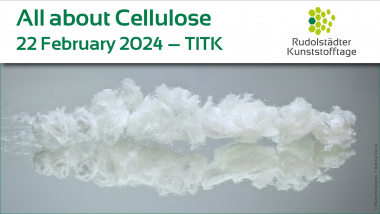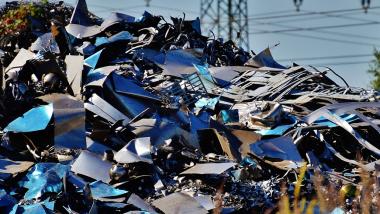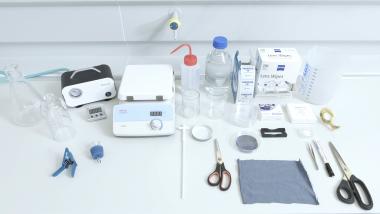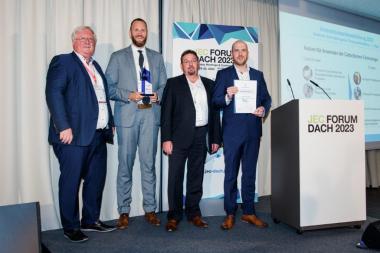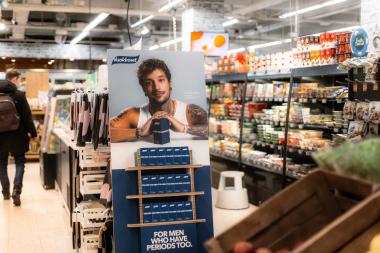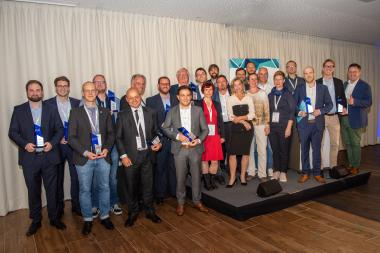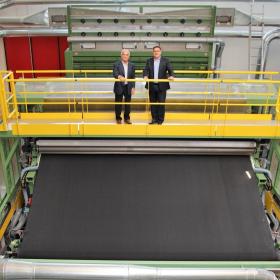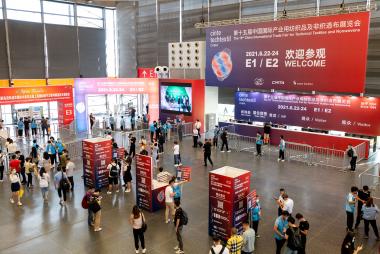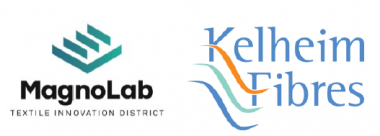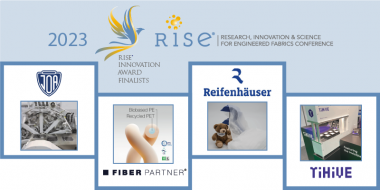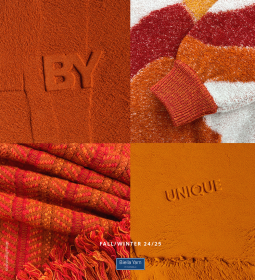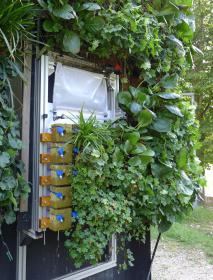Rudolstädter Kunststofftage: Symposium "All about cellulose"
As part of the "RUDOLSTÄDTER KUNSTSTOFFTAGE" series, the TITK - Thüringisches Institut für Textil- und Kunststoff-Forschung e.V. invites you to the symposium "All about cellulose: How we can use a native polymer for intelligent, innovative and sustainable products".
In their presentations, speakers from industry and research will highlight the potential and diverse applications of the sustainable platform polymer cellulose for clothing, hygiene and medical textiles, battery and storage technology or as a meltable material for 3D printing.
The conference language is English.
The conference is aimed at textile manufacturers and processors as well as materials scientists and SMEs from the industry in general. As in previous years, there will be the opportunity to visit the technical centres and laboratories of the business-oriented research institute.
Event details and registration options can be found under DATES.
Thüringisches Institut für Textil- und Kunststoff-Forschung Rudolstadt e.V.


